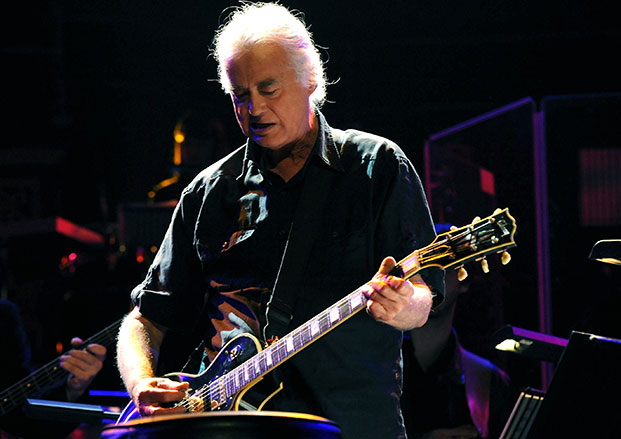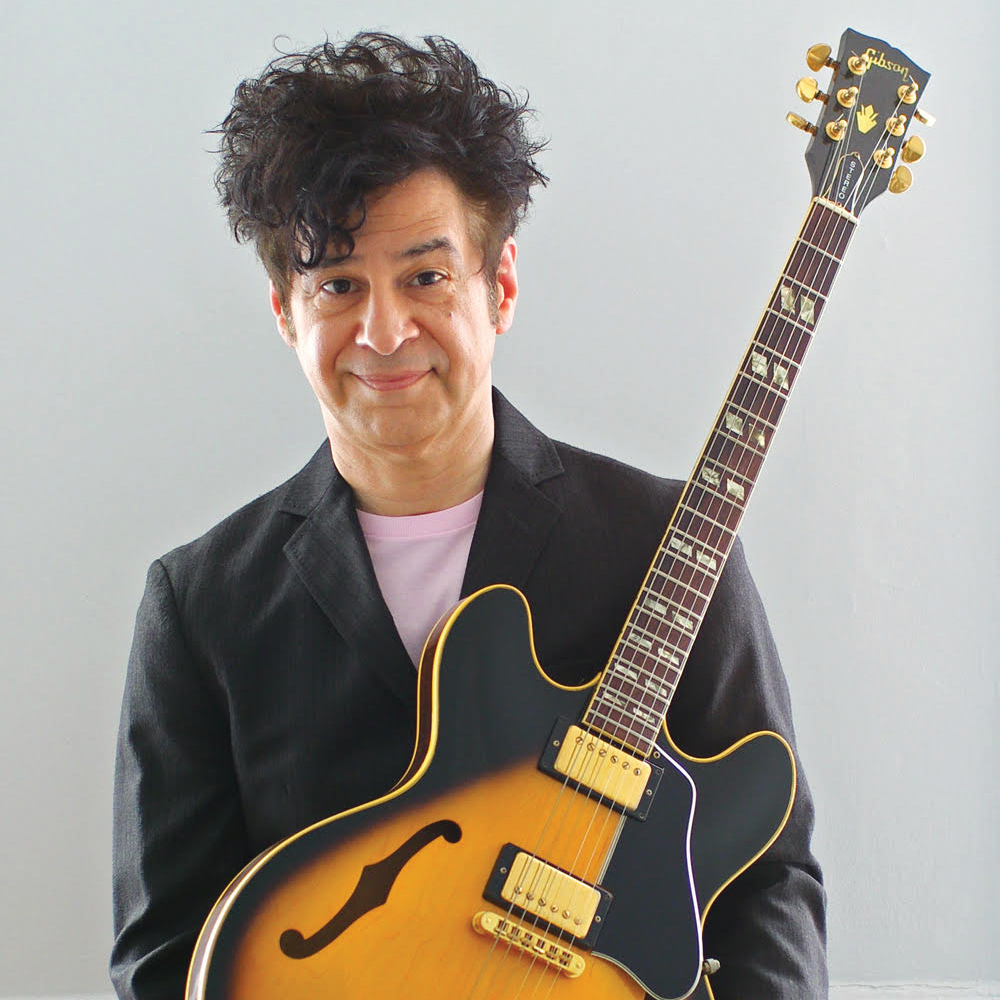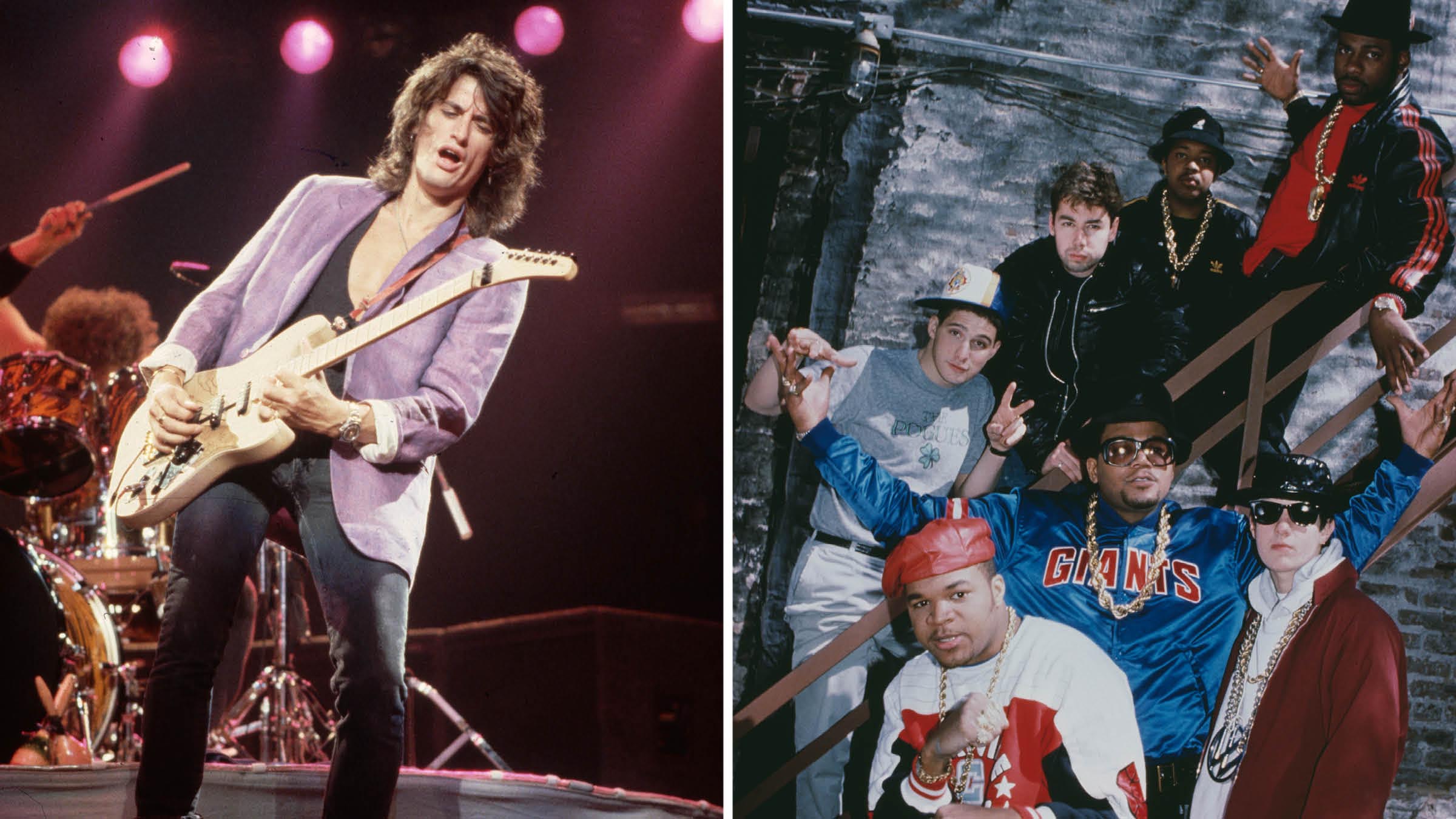Jimmy Page Breaks His Silence Over the “Stairway to Heaven” Lawsuit
All the latest guitar news, interviews, lessons, reviews, deals and more, direct to your inbox!
You are now subscribed
Your newsletter sign-up was successful

One month ago, a jury ruled that Jimmy Page and Robert Plant were not guilty of plagiarizing the 1968 Spirit song “Taurus” for their own 1971 composition “Stairway to Heaven.”
Page has said nothing public since the ruling, but this past weekend, on July 24, he broke his silence with a Facebook post.
“A few weeks have past since the judgement of the Stairway to Heaven case in Los Angeles, with the jury reaching a unanimous decision in a remarkably short time,” Page writes.
“Throughout the lengthy journey to that verdict, and even more recently, I have received and been aware of the overwhelming wave of support, encouragement, and congratulations that has been deeply moving.
“I’d like to take this opportunity to personally thank all those who contributed such a positive energy to me.
“Thank you.”
- Page’s timing could not have been more perfect. On July 23, Michael Skidmore, the plaintiff in the lawsuit, filed an appeal to the Ninth Circuit. Skidmore is disputing both the jury’s verdict and various legal rulings and decisions that were made over the course of the trial.
- In its verdict, the jury of eight concluded from the evidence presented that Page and Plant had indeed heard “Taurus,” but that there was no substantial similarity in the extrinsic elements of the song and “Stairway to Heaven.” The decision was reached within half an hour of the jury listening to both songs one final time.
- Francis Malofiy, the attorney representing Skidmore and the estate of “Taurus” composer Randy Wolfe (a.k.a. Randy California), said he believed Page and Plant “won on a technicality.” Malofiy had attempted to play recordings of “Stairway to Heaven” and “Taurus” in court but was not allowed by U.S. District Judge Gary Klausner, who noted that at the time of both song’s release, copyright law protected only the published sheet music format. Malofiy said that, as a result, representing his client was like “fighting with one foot stapled to the floor.”
- In related news, Warner/Chappell, Led Zeppelin's music publisher, said earlier this month that it will seek $613,471 in attorneys’ fees and $179,697 in costs to cover its legal fees from the trial—a total of $793,168.
All the latest guitar news, interviews, lessons, reviews, deals and more, direct to your inbox!
Christopher Scapelliti is editor-in-chief of Guitar Player magazine, the world’s longest-running guitar magazine, founded in 1967. In his extensive career, he has authored in-depth interviews with such guitarists as Pete Townshend, Slash, Billy Corgan, Jack White, Elvis Costello and Todd Rundgren, and audio professionals including Beatles engineers Geoff Emerick and Ken Scott. He is the co-author of Guitar Aficionado: The Collections: The Most Famous, Rare, and Valuable Guitars in the World, a founding editor of Guitar Aficionado magazine, and a former editor with Guitar World, Guitar for the Practicing Musician and Maximum Guitar. Apart from guitars, he maintains a collection of more than 30 vintage analog synthesizers.

